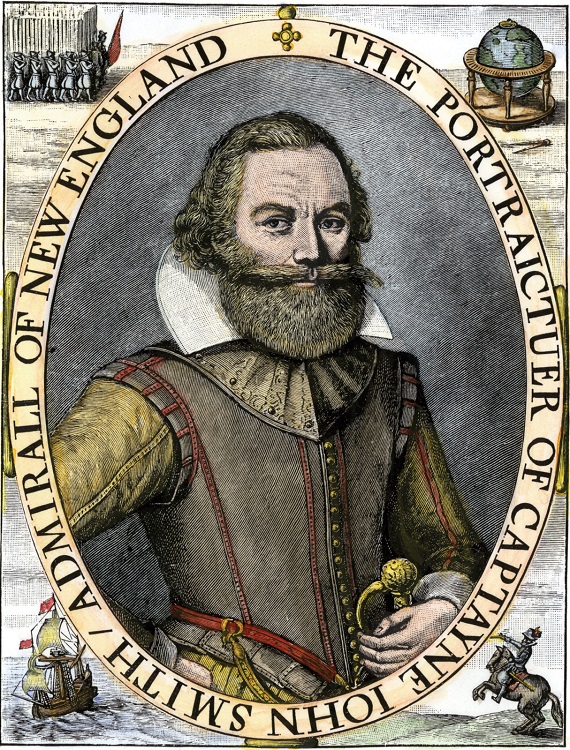It has become fashionable among contemporary historians to claim that the Southern identity was fabricated in the late antebellum period mostly as a result of the attack on slavery. Historians like Drew Gilpin Faust capitalized on this claim and used it as a springboard to land lucrative positions in history departments across the county, or in her case, to become President of Harvard University. Not only is their position false, they often ignore rich evidence to the contrary. The oldest South, that of the colonial Southern experience, provides abundant evidence that the North and South developed different cultural, political, and economic societies dating to the earliest English settlements in North America. One of the best academic tomes on this subject is Richard Beale Davis’s Intellectual Life in the Colonial South 1585-1763.
The book was well received when published in 1978, but most graduate programs now ignore it in favor of the accepted narrative of the Northern and Southern dichotomy, i.e. slavery and nothing but slavery. Davis put to rest the notion that the American mind formed from Puritan Massachusetts. The rest of the historical profession, and in many ways America at large as a result, missed the memo. The work is three volumes and is not light reading, but is essential for Southerners to digest. Along with David Hackett Fischer’s Albion’s Seed, it is intellectual red meat on the colonial South. Need evidence? How about this short passage on the differences between the first Southerners and the first Northerners:
One striking distinction between northern and southern colonial concepts of the new land itself is suggested by these proponents of empire and usually by their observer-sources. By the 15805, British eyes saw the area they would settle as a terrestrial paradise, implicitly a tropical or semi-tropical paradise. For most it was a new Eden, another land of Canaan. For some it was more nearly a pagan Arcadia which might be brought to Christ at the same time it became a comfortable and even luxurious home for Europeans. In contrast, Pilgrims or Puritans usually thought of their part of North America as a wilderness, often a howling wilderness. The different attitude toward the southern region had its origins in Spanish stories of lands of beauty and gold still farther south and in a good deal of wishful thinking, as well as in the actual obvious contrast in climate and vegetation between the New England-Newfoundland regions visited by the English voyagers and the Virginia-Carolina area their nation planned to settle, or on which they finally focused early settlement. The wishful thinker saw the South Atlantic area as having richer soil and as more nearly tropical than it really was, for he was sometimes led astray by trying to find the same qualities in the same latitude in Eurasia and America. He also greedily devoured tales of great treasure, natural abundance, golden cities, and gentle, primitive peoples. Through the establishment of the last colony in the region, Georgia, despite frequent disillusionment from the hard realities of experience, the southern settler continued to see his own province as at least a potential if not an actual Canaan. And perhaps more than his northern neighbors he believed he would find the Northwest Passage through his territory, his part of America.
Case closed, but there is much more to consume. The book can be found for free online here. Happy reading.







